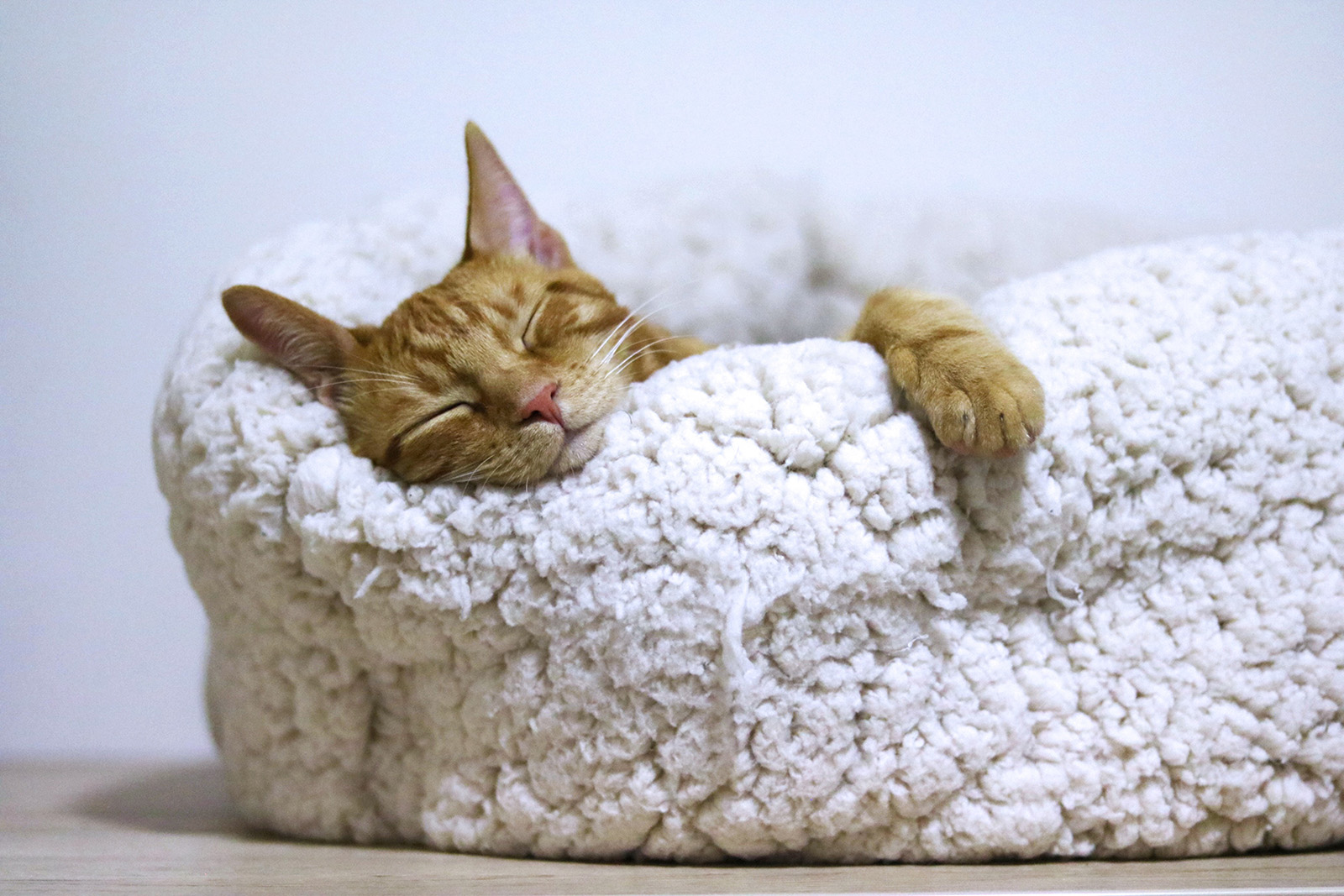Sleep is key for good health

A good night’s sleep is so important and part of a healthy lifestyle, along with diet and exercise. And until recently, I’ve been a really good sleeper. Having entered the premenopausal chapter of my life, though, night sweats have made my sleep pattern a little wacky. As I’ve turned my attention to getting better sleep, this is what I’ve learned.
Why is sleep so important?
As we sleep through the night, our mind and body recharge, leaving us refreshed and alert when we wake up. Sleep helps lower stress, improve creativity, promote stable moods, boost our immune system, repair muscles, increase energy, and improve memory. In other words, sleep is essential for brain functioning. Making it a priority will definitely help improve our overall health. Think of it as self-love.
Here’s a few things I’ve done to help improve my sleep.
- Make your bedding a cozy, comfortable place. Do you have a good quality mattress? Or is it the same one you’ve been sleeping on for years? Having the right pillows and a soft blanket will also help set you up for success. We have found a cooler temperature and a darker bedroom helps, too. Creating a relaxing atmosphere makes a world of difference.
- Winding down before bedtime. What I do in the hours leading up to bedtime has a huge effect on the length and quality of my sleep for the night. One of the most important things I’ve done is turn off all electronic devices—iPhone and the T.V.—hours before bedtime. It helps to turn down the noise and clear my mind. What I find that works well for me is meditation and nighttime tea. Other people have found success if they read, journal, or do light yoga or stretching.
- Exercise during the day. When I have a good workout during the day, I sleep better at night. The days I don’t exercise, I notice a difference in my sleep. If you’re planning on doing a vigorous exercise, try to avoid doing it right before bed because it might amp you up.
- Have a regular bedtime and waking up time—and sticking with it. Your body’s circadian rhythm functions on a set loop, aligning itself with sunrise and sunset. If you’re consistent with your sleep and waking times, it will help in long-term sleep quality.
- Avoid consuming caffeine late in the day. Caffeine stimulates your nervous system and may stop your body from naturally relaxing at night. It can be difficult to fall back asleep if you wake up in the middle of the night to use the bathroom, so I stop consuming water three hours before bedtime, too (which means you want to make sure you hydrate adequately throughout the day). Another liquid to think about is alcohol. Alcohol feels like a sedative at first because it slows down motor and brain function, often leaving you relaxed. But as it’s metabolized, acetaldehyde is produced, which acts like a stimulant in our bodies. This is what wakes us up in the wee hours of the morning, unable to get the good sleep we need. I am hoping some of these ideas will empower you to prioritize sleep in your life if you’ve gotten off track like myself. We all have busy lives, and we need to stay healthy and happy, so we can enjoy every moment of it. So, snuggle into that cozy bed, have fun counting sheep, and enjoy your dreams.